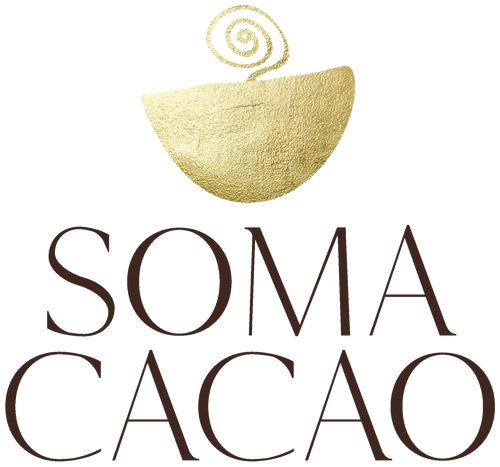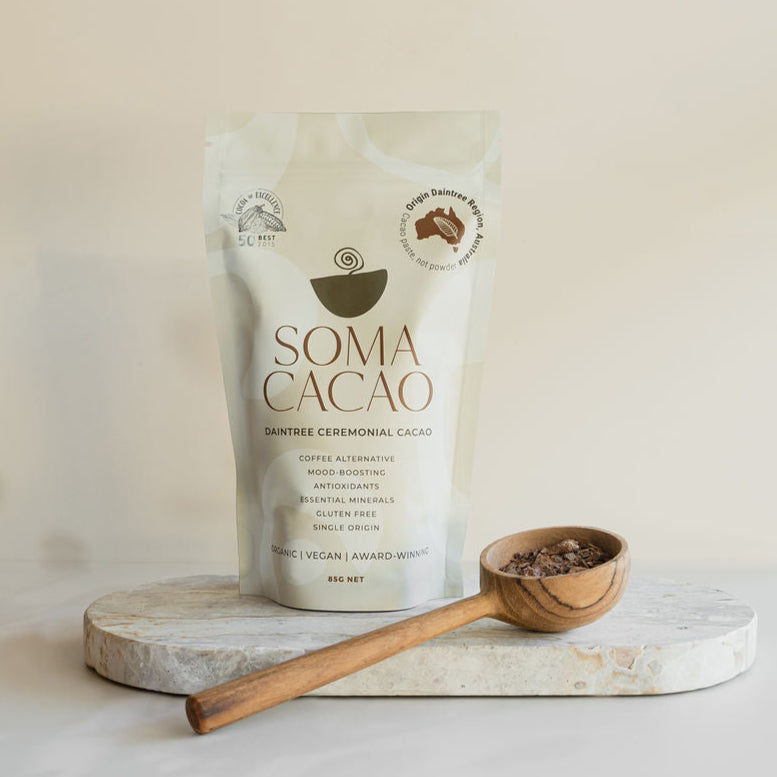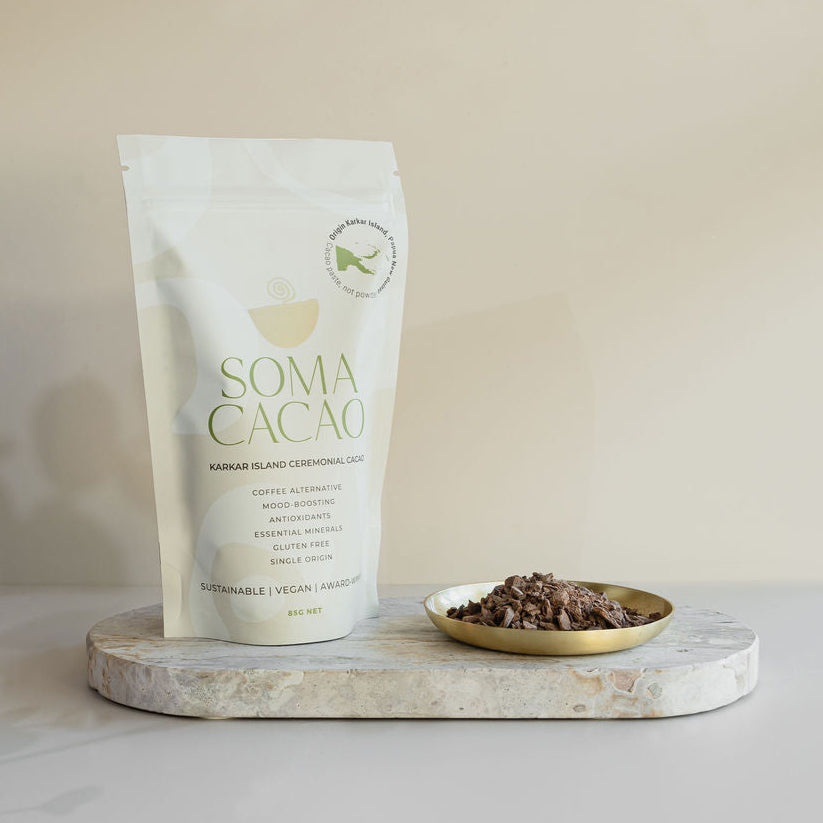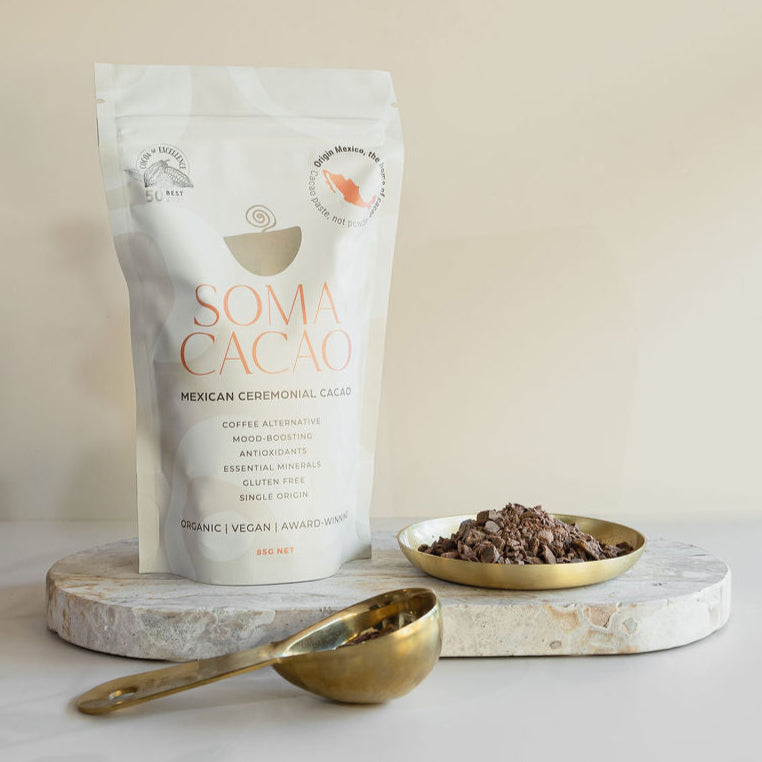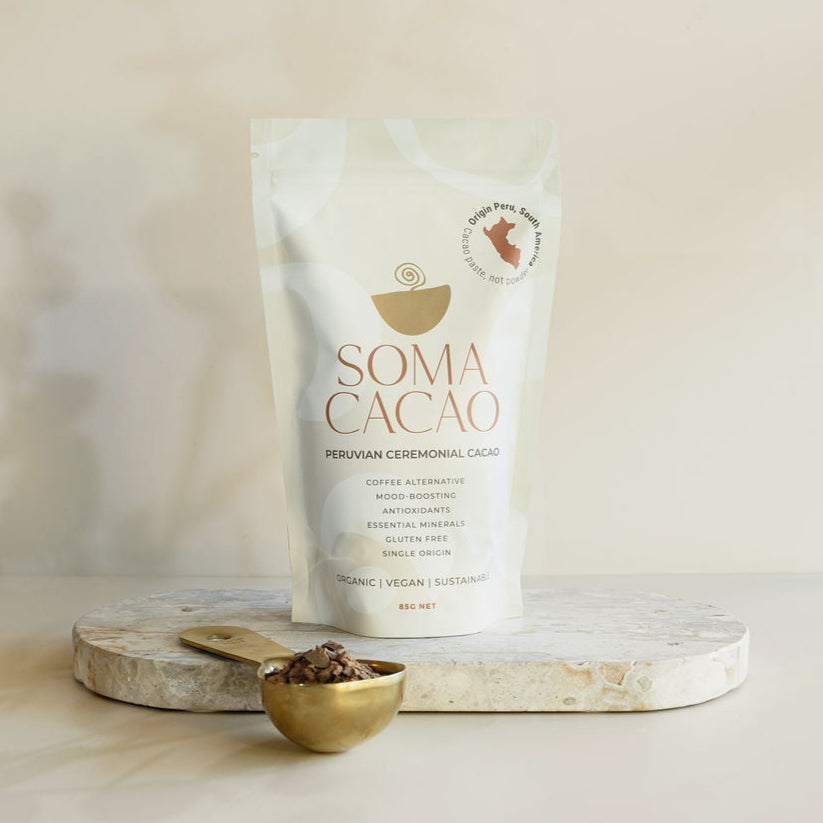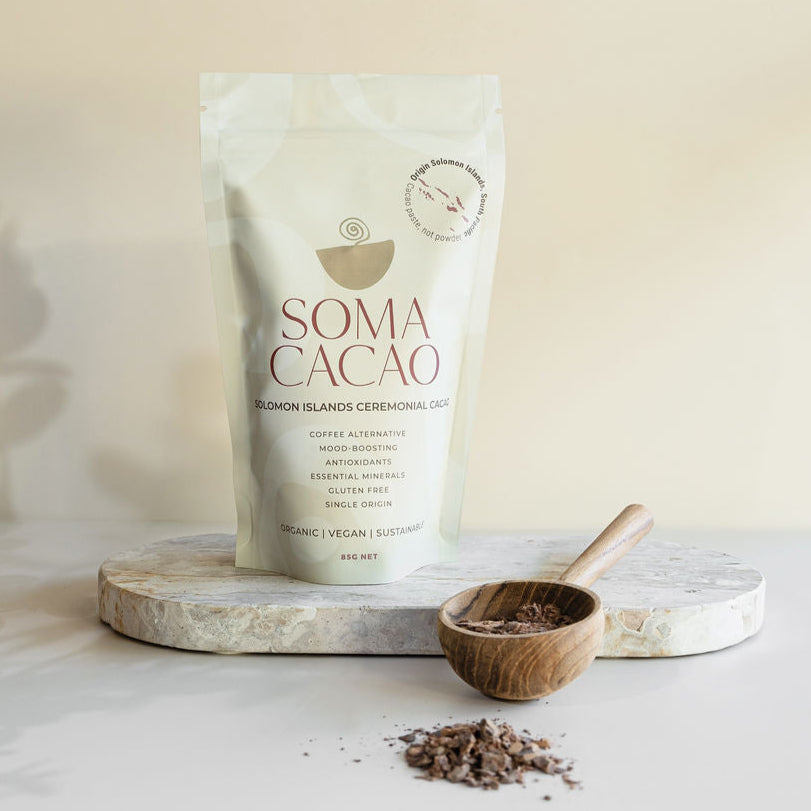Why Your Brain’s Reward System is Broken (and How Cacao Helps)
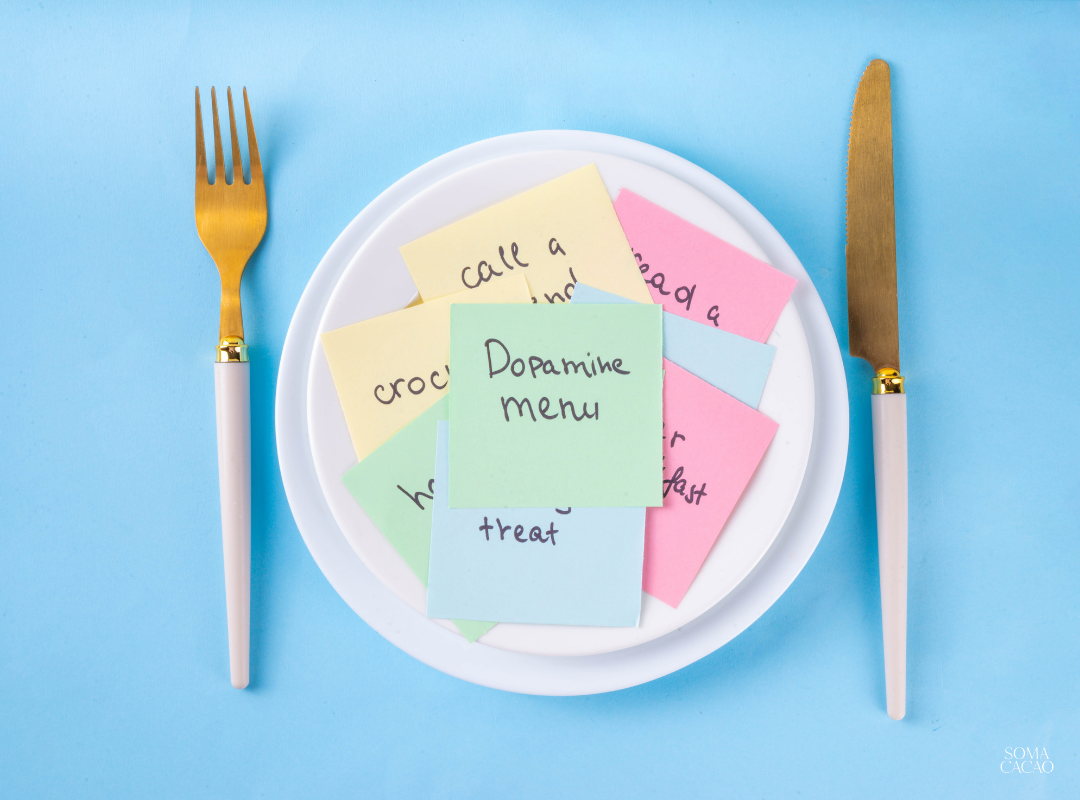
Why We Even Have a Dopamine System
Simple creatures, like amoebas and some people on television, have simple needs and do not require a dopamine system.
The dopamine system evolved to help animals navigate complex situations. Vertebrates have dopamine systems which reward beneficial but challenging behaviours, like hunting or running away from danger. Mammals have dopamine systems that encourage social bonding and behaviours that lead to reproduction. Humans have developed even more complex dopamine systems, which prioritise long-term rewards (saving food for winter, etc) and behaviours like learning and problem-solving.
The Engine Behind Human Progress
The dopamine system has propelled the human race forward. It is the reason we build shelters instead of living in the open, stock a pantry full of food without eating it all at once, learn a trade, have long-term relationships, and donate to charity. It is the reason we learn French and go to the gym. It is indispensable.
Dopamine in a Modern World
The problem modern people face now is that our life doesn’t reflect the environment we evolved in, and our dopamine system is struggling to catch up. Historically, calorie-dense food has been important for survival; now we have so much that it is killing us, but our dopamine system still considers it beneficial. Computer games appeal to people because they offer stimulation, immersion, challenge and immediately measurable success, all of which are rewarded by the dopamine system. Social media companies design their platforms to hack the dopamine system, so that we become addicted to social approval (unpredictability stimulates the dopamine system further) and constant novelty. The dopamine system also works in anticipation, which is why we get excited before we check Instagram or eat a cheeseburger.
When the Reward System Goes Rogue
Modern life tends to overload us with dopamine, which creates addiction, impaired motivation, impulsive behaviour, hyperactivity, the inability to focus, and depression. Dopamine remains essential for the success of a human life on many levels (work, exercise, love, etc); the skill we have to learn is refraining from cheap dopamine fixes and inspiring ourselves to do things that really fulfil us.
How Cacao Can Help
Cacao can help in a couple of ways. One way to harmonise the dopamine system is to ‘dopamine detox’ from time to time. That means no phones, no television, no overstimulation. The only way to do this without becoming an extremely cranky little person is to tap in to the serotonin system. Serotonin regulates rest and induces feelings or contentment. Serotonin is made from the amino acid tryptophan. Cacao contains the same amount of tryptophan as dairy and soy products, more than all fruits and vegetables, and slightly less than oily fish, eggs, and some nuts.
Cacao also contains tyrosine, theobromine, magnesium and flavonoids, all of which help to renew and resensitise tired dopamine sensors.
The Power of Intent
As ever, what matters is not so much what you consume but how you consume it. If you drink a cup of cacao to inspire you to paint or on a brunch date with a friend, this will create healthy connections in the dopamine system. If you drink it to keep you awake at night waging wars on Twitter, this might not be so healthy. Cacao is a powerful ally, but we must all learn to be our own generals. Modern life has many challenges, but also many tools to help us face those challenges. One of those tools, in its own humble way, is cacao.
With mesquite and our best wishes,
Alistair, Rose, and the team at Soma
- Tags: Health Mental Health
0 comments
